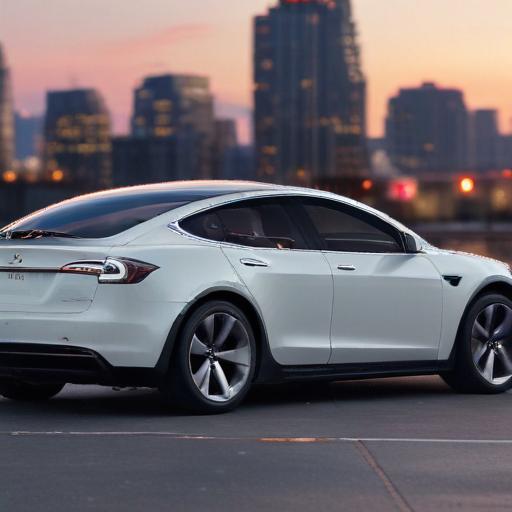The second half of the trading year is off to an eventful start, with key stock movements capturing attention this morning.
Leading the spotlight is Tesla, which is experiencing a significant downturn, dropping nearly 6% in pre-market trading after a 1.9% decline on Monday. This sell-off comes as sales reports indicate a troubling drop in Northern European markets, particularly in Sweden and Denmark, where sales plummeted over 60% in June compared to the previous year. As Tesla gears up to report a projected decrease in global deliveries for the second quarter, hopes are pinned on the newly revamped Model Y SUV to revitalize sales. Tensions surrounding CEO Elon Musk’s remarks about President Trump’s suggestion to review government subsidies for Musk’s companies may also pose challenges for Tesla moving forward.
Another automotive giant facing difficulties is Renault, which has announced a staggering $11 billion loss tied to its investment in Nissan Motors. This write-down reflects Renault’s ongoing struggles in a tough market, paralleling the challenges Tesla faces. Renault maintains that its relationship with Nissan remains unchanged despite these financial woes, although Nissan itself has seen a significant downturn, down approximately 20% year-to-date due to an aging vehicle lineup and competitive pressures in the electric vehicle sector. Reports indicate Nissan has even requested suppliers to delay payments to manage its finances more effectively.
In contrast, Oracle is enjoying a flourishing period, with its stock climbing to an all-time high after a nearly 4% increase on Monday. The tech giant’s promising cloud deals projected to generate over $30 billion annually are expected to start impacting its financials by 2028. With shares having surged more than 33% in the past month, Oracle’s robust performance stands in stark contrast to the challenges faced by Tesla and Renault, signaling a diversified landscape in the market.
Commenting on the current landscape, these mixed results highlight the variability of the automotive and tech sectors, showing both the pitfalls of market dependency and the potential for growth in innovative technologies like cloud computing.
